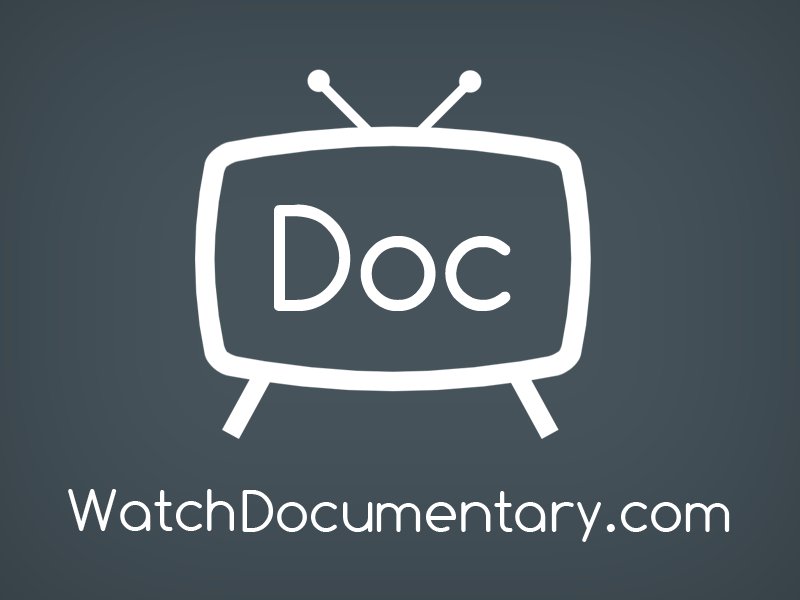Hepatitis C, a chronic viral infection, affects approximately 71 million people globally and can lead to severe liver disease, posing a significant threat to public health. For years, the only available cure had limited effectiveness and came with harmful side effects. However, in 2013, Gilead, a U.S. pharmaceutical company, introduced a highly effective cure. The initial excitement was dampened by the exorbitant price tag attached to the treatment, rendering it unaffordable for many.
In response to the outcry, Gilead licensed several Indian companies to produce a generic version of the drug, significantly reducing its cost. However, due to legal restrictions, this generic version was only accessible in low-income countries, leaving patients in affluent regions unable to access affordable treatment.
Faced with this dilemma, individuals like Greg Jefferys, an Australian hepatitis C patient and activist, found themselves at a crossroads. Greg received numerous pleas for help from patients unable to afford the expensive treatment. Despite the risk of legal repercussions, he chose to import the generic medication illegally from India, driven by a sense of moral obligation to save lives.
Greg’s journey highlights the systemic failures of the medical system in providing affordable treatment options for hepatitis C patients. His personal experience with the disease and the exorbitant pricing of the cure spurred him into activism, advocating for accessible healthcare for all.
As the debate over pharmaceutical pricing continues, Greg’s story serves as a poignant reminder of the ethical complexities surrounding access to life-saving medication and the lengths individuals may go to in pursuit of justice and compassion.





Add comment